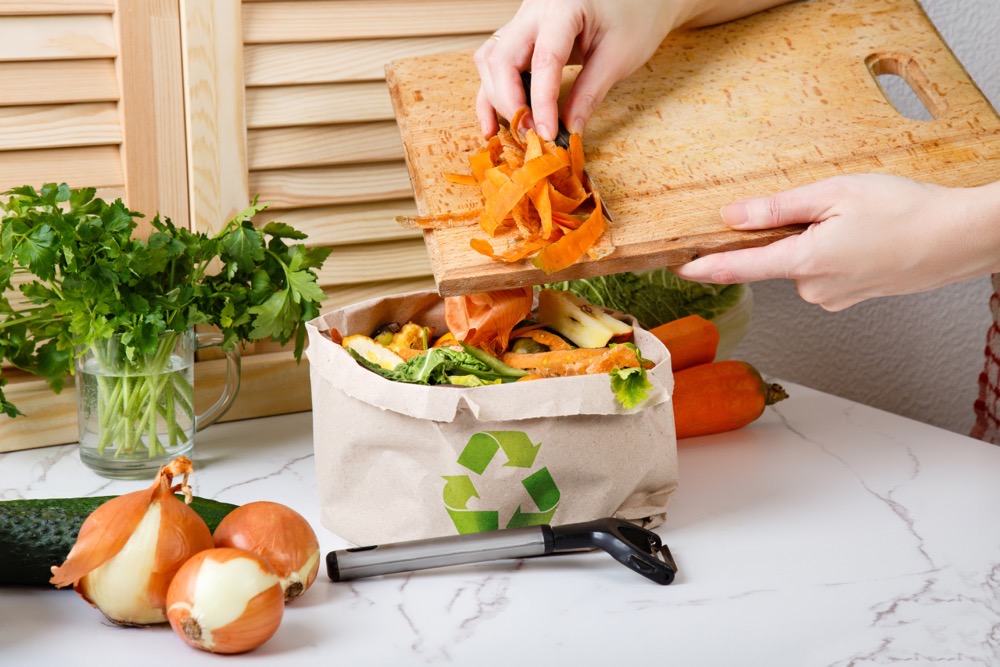Riyadh : Saudi artist and writer Mohammed Al-Monif has made a comeback after a four-decade hiatus with his latest exhibition “As I See” at L’Art Pur Foundation in Riyadh.
Curated by Bassel Al-Kharraz, the exhibition is on view until March 23.
Founder of the art institute and exhibition Princess Adwa Yazid bin Abdallah invited Al-Monif personally to showcase 44 of his most recent paintings under four themes: “The Village,” “The Dessert,” “Tuwaiq Mountains,” and “Rhythm of Colors” — all created from his visceral memory.
Through his exhibition, Al-Monif aims to shed light on the purpose of art.
“Art is a message…Everyone is free to express themselves through art and every generation has its own ideas to offer. But does this message reach the people within our community or does it stay within the artist’s own bounds?” Al-Monif asks.
In his four collections, the artist focuses on his own interpretation of various spaces, using various styles to portray his recollections.
“It didn’t matter to me to portray the ‘Tuwaiq Mountains’ as they are, as a picture. I was focused on the rhythm, whether it’s spatial, where the light hits, the formation of masses,” he said.
The desert scene is prominent in his work, reflecting the impact of his early life on the way he views the world.
“I’m a lover of the desert, and much of my work comes down to reductions of my memory, from 15 years old and younger, regardless of what experience I’ve garnered after we’ve traveled, learned, and seen many exhibitions and galleries. Nothing has impacted me more than my first 15 years of life,” he said.

In his 10th solo exhibition, Al-Monif expresses his early childhood memories, filled with the nuances of a peaceful life outside of the city and laced with feelings of comfort and belonging.
He transports the audience to a simpler time, stripped of heavy conceptualism, that focused on traditional painting techniques as a medium.
He spent much of his time as a child frolicking among his village’s farms and palm trees, playing with the sheep, and “digesting the natural landscapes’ coloring.”
The “Rhythm of Colors” theme takes the viewer beyond the artist’s visual perception, where the aura of a certain place is the main inspiration.
One of the most impactful moments in Al-Monif’s career was during his studies at the Institute of Art Education in Riyadh. One of the instructors took a musical approach to painting, using one of Beethoven’s symphonies as a tool.
Before playing the track, he laid out the imagery: a steed approaching quickly from afar and the sounds of the cart’s wheels pulling behind. As it reaches the difficult peak of the hill, it slows down and then speeds up again down the hill.
“When he played the symphony to us, the same musical movements, the ups and downs of the rhythm, the intensity rising then settling down — all of these suggested the color inspirations that I’m showcasing today,” he said.
Al-Monif’s exhibition poses a vital question: What is the purpose of art?
Much has changed since Al-Monif’s last exhibition. As the region begins to globalize, many of the younger artists have allowed their artworks to depict greater individualism, rather than representing one image of Saudi identity.
“Visual arts in Saudi began with no academic reference. It began (with) the efforts of the artists. The art institute gave us the keys, but not the foundations of art,” he said.
Al-Monif expresses a controversial opinion: Saudi fine art is now under threat as the very essence of it, which relies heavily on sensory experiences, is promoting ideas rather than visuals.
But at the base of it all, Saudi art is merely shifting from expressions of collective experiences to individual declarations, from art produced by the people for the people to productions of a person’s introspective journey.

“Now there’s a danger imposed. There’s us, who have gone through the stage of caring for the environment and its inspirational assets, but now those aspects aren’t a priority. Art within Saudi Arabia now is mostly conceptual, and more popular amongst the youth because it’s easier…What does not belong withers away quickly and doesn’t remain in people’s memories,” he said.
But some would argue that nationless ideations still carry much of the Saudi identity, as they are manifestations of an individual’s personal experience shaped by their life within the region.
However, the fact that Al-Monif was commissioned to exhibit at L’Art Pur signifies that modernist art still holds prominence within the Saudi art sector.
“I’m with the developments and giving space for the youth to express what they have. There’s no doubt. But I believe that there must be, at least in the conceptual works, some keys that are given to the community,” he said.
While Al-Monif is widely considered a pioneer in the local art scene, he is hesitant to use the term.
“Through my studies, knowledge, and following pioneers, it is pioneering in style. For example, when you look at Egyptian art, you can tell it’s Egyptian, or if you look at Chinese art, you can tell the same. So, these styles are where the true leadership lies.
“If ‘The Village’ has proven (to be) a unique style, then I am a pioneer.”


































